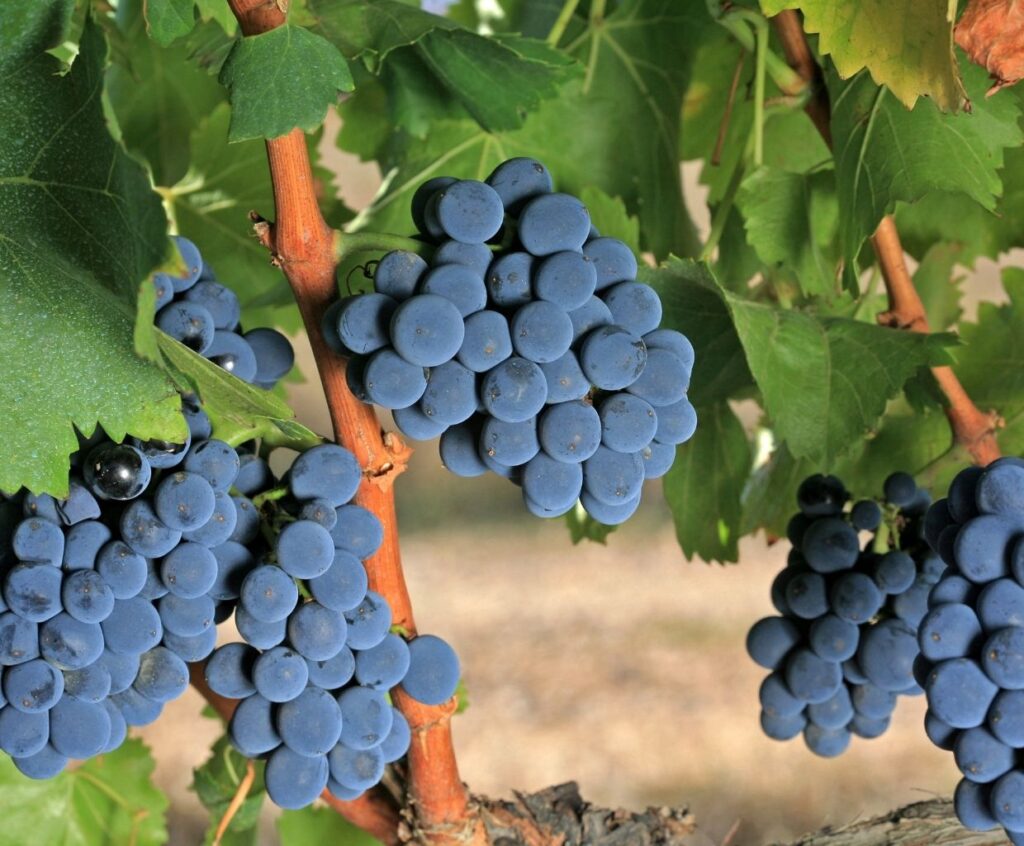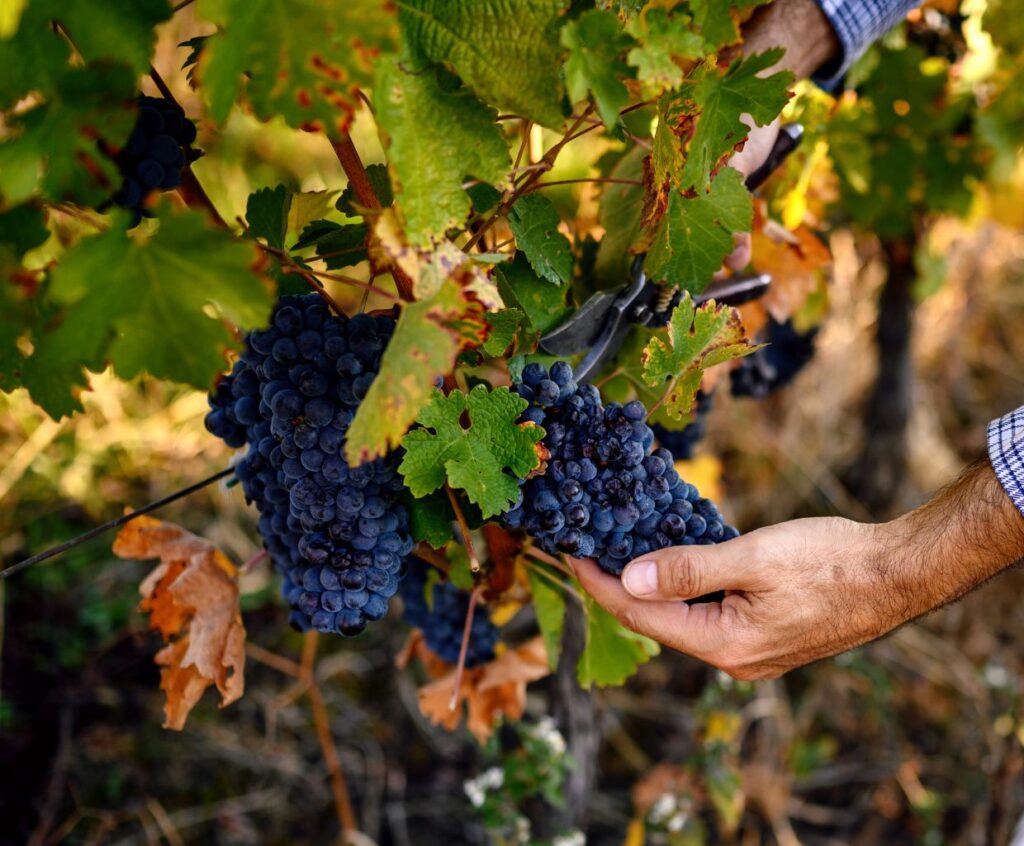Origins of Grenache Wine: Tracing the Birthplace of a Timeless Grape
Grenache is a grape variety that has captured the hearts and palates of wine enthusiasts worldwide. This versatile and timeless grape has a fascinating history that dates back centuries.
In this article, we will delve into the origins of Grenache wine, tracing its birthplace and exploring the factors that have contributed to its global acclaim.
The Birthplace of Grenache
The exact origins of Grenache are a subject of much debate among wine historians. While it is challenging to pinpoint its birthplace with absolute certainty, there is strong evidence to suggest that Grenache originated in the northeastern region of Spain, specifically in the Aragon province, and later spread to other Mediterranean countries.
Spain: The Cradle of Grenache
Many experts believe that Grenache has its roots firmly planted in Spain. The Aragon province, nestled in the Ebro Valley, is often regarded as the birthplace of this illustrious grape. This region’s warm and arid climate, coupled with its high altitude and diverse soils, provides the ideal conditions for Grenache to thrive.
Grenache made its way from Spain to other parts of the Mediterranean, including France, Italy, and Greece. In France, particularly in the Southern Rhône Valley, Grenache became a star player in renowned blends such as Châteauneuf-du-Pape.
Grenache’s Global Journey
As Grenache gained popularity in Europe, it eventually reached the New World. Countries like Australia, the United States, and Argentina started cultivating this grape, adding their unique twist to its character.
Today, Grenache is grown in various wine regions across the globe, each imparting its distinct characteristics to the final product. From Spain’s bold and fruity expressions to France’s elegant and structured wines and the vibrant and jammy styles of Australia, Grenache continues to captivate wine lovers with its remarkable versatility.
Origins of Grenache Wine – Conclusion
The origins of Grenache wine may remain a mystery to some extent, but its impact on the world of viticulture is undeniably profound. Whether born in the sun-soaked vineyards of Spain or elsewhere, Grenache has established itself as a timeless grape variety that continues to produce exceptional wines in numerous regions worldwide.
Exploring the diverse expressions of Grenache is an exciting journey that allows us to appreciate this remarkable grape’s rich history and legacy.
Are there any distinct characteristics or flavor profiles that can be attributed to the birthplace of Grenache wine?
Grenache wine, also known as Garnacha, is grown in many regions worldwide, including its birthplace, the northeastern region of Spain known as Aragon. While Grenache wines can vary depending on the terroir and winemaking techniques used, there are some distinct characteristics and flavor profiles often associated with this grape variety:
1. Fruit-forward: Grenache wines typically exhibit ripe fruit flavors, such as red berries (strawberries, raspberries) and dark fruits (blackberries, cherries). They can have a jammy or stewed fruit quality.
2. High alcohol content: Grenache grapes produce wines with relatively high alcohol levels. This can result in a fuller-bodied wine with some warmth and richness.
3. Low tannins: Grenache wines often have softer tannins than red wines. This can contribute to a smoother mouthfeel and a more approachable style, especially in younger wines.
4. Spice and herbal notes: Depending on the region and winemaking techniques, Grenache wines can exhibit notes of spice (such as black pepper, cinnamon, or cloves) and herbal characteristics (such as thyme or rosemary).
5. Earthiness: Grenache wines can also display earthy flavors, including hints of leather, tobacco, or dried herbs. These earthy tones can add complexity to the wine.
It’s important to note that while these characteristics are often associated with Grenache wines, individual bottles can still vary based on factors like vintage, winemaker style, and specific vineyard sites.
How does the knowledge of Grenache wine’s origins contribute to its appreciation and preservation in the modern wine industry?
The knowledge of Grenache wine’s origins contributes to its appreciation and preservation in the modern wine industry in several ways:
1. Cultural significance: Understanding the origins of Grenache wine allows consumers and producers to appreciate its cultural significance. Grenache is believed to have originated in Spain, specifically in Aragón and Catalonia. This knowledge helps consumers connect with the wine more bottomless, enriching their wine experience.
2. Terroir appreciation: Grenache is highly influenced by its terroir, which includes factors such as climate, soil, and topography. Understanding its origins helps wine enthusiasts appreciate the unique characteristics that these factors impart to the wine. For example, Grenache wines from different regions may exhibit flavor profiles, aromas, and texture variations.
3. Preservation of traditional winemaking techniques: Knowledge of Grenache’s origins helps preserve traditional winemaking techniques associated with this wine. These techniques have been developed and refined over centuries in the regions where Grenache originated. By appreciating and understanding these traditional methods, winemakers can continue producing Grenache wines that stay true to their historical roots.
4. Conservation of old-vine Grenache: Grenache vineyards often have old vines, some of which can be several decades or centuries old. These old vines produce grapes with more concentrated flavors and complexity. Understanding Grenache’s origins highlights the importance of preserving these old-vine vineyards, as they contribute to the unique character of Grenache wines.
5. Promoting sustainable practices: Knowledge of Grenache’s origins can also contribute to promoting sustainable practices in the wine industry. By understanding Grenache production’s historical and environmental context, winemakers can implement practices that respect the natural resources and ecosystems associated with this wine, ensuring its long-term preservation.
Overall, the knowledge of Grenache wine’s origins enhances its appreciation and preservation by fostering a deeper understanding of its cultural significance, terroir influence, traditional winemaking techniques, conservation of old-vine vineyards, and promotion of sustainable practices.




